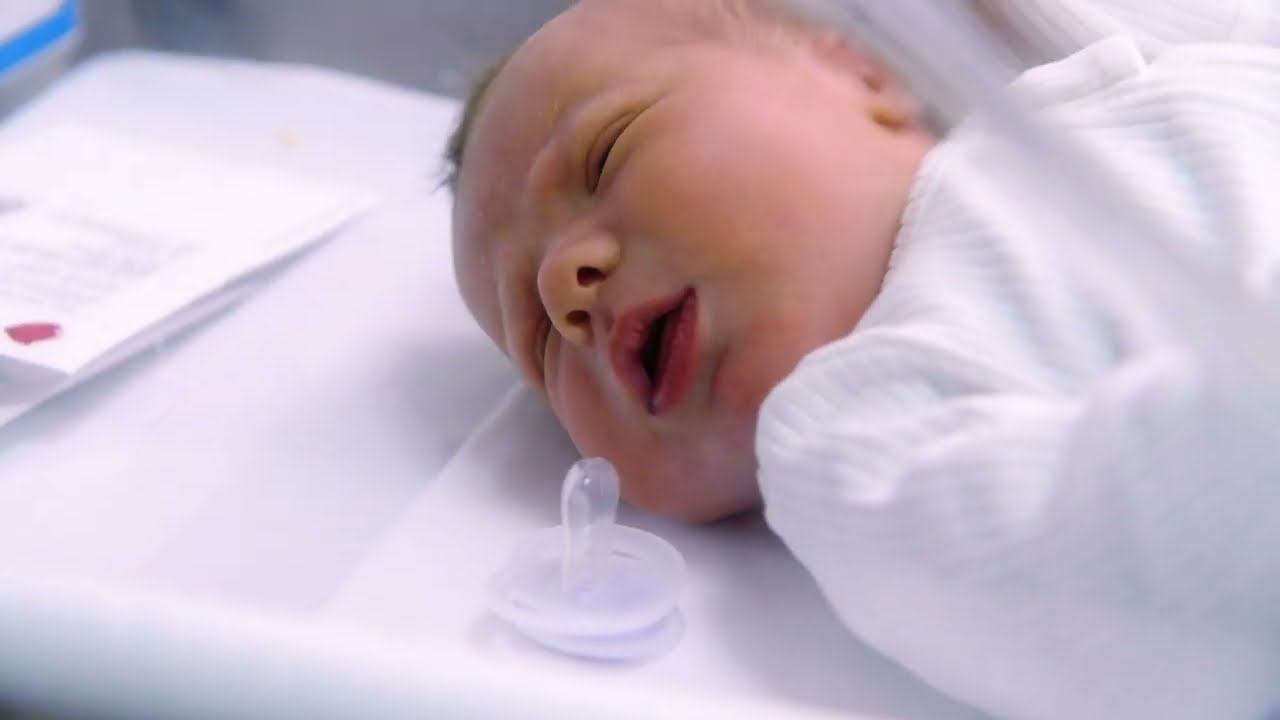Prenatal Congenital Defect Testing in Veterinary Reproduction
In veterinary reproduction, prenatal congenital defect testing plays a crucial role in ensuring the health and well-being of both the mother animal and her offspring. This service is particularly important for large breed dogs, horses, and other animals where genetic disorders can lead to significant health issues or even death if not detected early.
The primary goal of this testing is to identify potential congenital defects before birth, allowing for interventions that can improve the quality of life for both the animal and its owner. This service focuses on identifying specific defects such as heart abnormalities, skeletal malformations, and neurological disorders through advanced diagnostic techniques.
For instance, echocardiography (ultrasound imaging) is often used to detect heart defects in fetal dogs or horses early in pregnancy. Similarly, radiographic exams can be employed for skeletal assessments. Genetic testing via DNA analysis may also be utilized to identify inherited diseases known to affect certain breeds.
The importance of this service cannot be overstated; it enables breeders and owners to make informed decisions about the suitability of a particular breeding pair based on genetic predispositions towards specific health problems. Early detection allows for timely interventions such as cesarean sections or selective culling if necessary, thereby minimizing the risk of passing harmful traits onto future generations.
The demand for prenatal congenital defect testing is particularly high among breeders who aim to produce healthier litters and reduce genetic disorders within their breeding programs. By incorporating this service into their reproductive planning, they can significantly enhance the overall health profile of their animals while maintaining desirable physical characteristics and temperament traits.
| Test Type | Description | Methodology Used |
|---|---|---|
| Echocardiography | Ultrasound imaging to visualize heart structures in fetal animals. | Non-invasive technique using sound waves reflected off body tissues and organs. |
| Radiographic Exam | X-ray images of bones or joints suspected to have malformations. | Involves taking X-rays at specific intervals throughout gestation. |
| Genetic Testing | DNA analysis to identify inherited diseases present in the parents. | Sample collection from parents followed by laboratory analysis. |
These tests not only help prevent the birth of affected animals but also contribute to maintaining genetic diversity within breeds. Breeders who integrate prenatal congenital defect testing into their practices are contributing positively towards improving animal welfare standards across various sectors including pet ownership, rodeo performances, and zoological parks.
In conclusion, prenatal congenital defect testing in veterinary reproduction is an essential tool for responsible breeders aiming to produce healthy offspring free from genetic disorders. By leveraging modern diagnostic techniques like echocardiography, radiographic exams, and genetic testing, this service provides valuable insights into potential health risks early enough to take appropriate action.
Scope and Methodology
- Pre-pregnancy counseling with breeders about the importance of prenatal congenital defect testing.
- Prenatal exams using echocardiography, radiographic imaging, and DNA analysis.
- Postnatal follow-up to monitor any abnormalities detected during fetal examinations.
The scope encompasses a comprehensive approach from pre-pregnancy consultation through post-natal care. It includes detailed prenatal assessments aimed at identifying potential congenital defects as early as possible in the pregnancy cycle. Postnatal follow-ups ensure that any issues identified during the fetal exams are closely monitored and managed appropriately.
Eurolab Advantages
At Eurolab, our expertise lies in providing cutting-edge prenatal congenital defect testing services tailored specifically for veterinary reproduction. Our team of highly qualified professionals ensures that each test is conducted with precision and accuracy using state-of-the-art equipment.
We offer a range of benefits including:
- A commitment to staying up-to-date with the latest advancements in diagnostic technology and methodologies.
- Accurate and reliable results delivered promptly, allowing for timely interventions if necessary.
- Comprehensive postnatal support for affected litters or individuals identified through these tests.
- Dedicated customer service available round-the-clock to address any concerns or queries related to the testing process.
The combination of our advanced facilities and experienced personnel guarantees that every aspect of prenatal congenital defect testing is handled with care, ensuring optimal outcomes for all involved parties.





